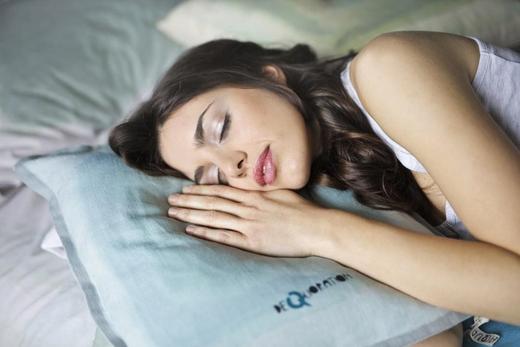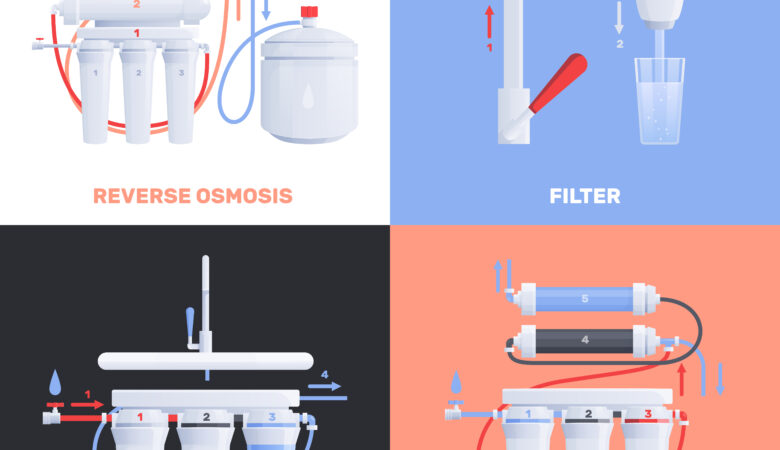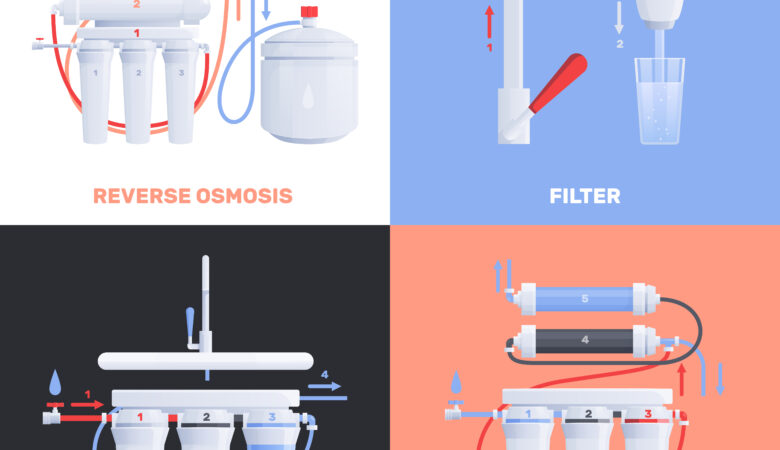With regards to thought processes in getting a good night’s sleep, we don’t ordinarily consider our body’s hormones. But sleep enables a large number of our hormones to replenish, so we have the ideal energy, immunity, appetite, and adapting ability to confront the next day’s highs and lows. For both men and women, hormonal changes can influence how well we sleep. These differences likewise change with age. Understanding the relation between hormones and sleep may help improve your sleep and prosperity.
The significant distinctions in the sleep necessities of men and women include:
- Women’s sleep rhythms appear to change more gradually than that of men.
- Women enjoy the stages of profound sleep in their 30s. By their 20s, men begin to experience a decline.
- Women get slower wave sleep compared to men. This is an essential segment of sleep that causes you to wake up feeling refreshed and prepared for the afternoon.
- Women have fewer issues with awakening during the night. Superficially, no doubt, women should show signs of improvement for quality sleep.
Know Your Hormones and Hormonal Changes
Your body has 50 hormones, and each of these hormones controls a significant body function like jump-starting or stopping specific organic capacities. The two vital female hormones are estrogen and progesterone. Both these hormones are fundamental female sex hormone, which helps control the monthly menstruation cycle. These two vital female hormones shift up and down all through a lady’s life, influencing sleep along the way.
Menstruation
Most girls start menstruating between the ages of 10 and 15, propelling a life-long cycle of hormonal changes that can influence sleep. A look into this shows that not until puberty do sleep differences among boys and girls show up.
Women suffering from polycystic ovary syndrome (PCOS) can have irregular periods, lower levels of progesterone, and higher levels of testosterone. These irregularities in hormones can worsen sleep troubles. Moreover, studies show that women with PCOS have a higher risk of creating sleep apnea—a sleep issue that makes a person quit relaxing for brief periods throughout the night.
Pregnancy
All nine months of pregnancy can be a rollercoaster ride for your hormones, as both progesterone and estrogen swirl through your body to help the developing embryo. Estrogen levels likewise skyrocket in the primary trimester: A lady creates more estrogen during one pregnancy than all her whole life. This may be the primary factor of why women report feeling drowsy and taking more naps in the initial twelve weeks of pregnancy. By the arrival of the third trimester, progesterone and estrogen levels even out. But by then, different elements, such as regular urination, restless leg disorder, and trouble breathing, can make it challenging to get a good night’s sleep.
Low Levels of Progesterone
Like estrogen, lower progesterone levels can likewise affect your nature of sleep. You may discover you experience a little difficulty dozing directly before your period since that is the point at which your body’s progesterone levels are regularly at their lowest.
Low Melatonin Levels
You’ve likely observed melatonin being sold as a sleep aid, but it’s a normally happening hormone that controls your sleep cycle. Being around bright lights before bed or working the night shift can influence the body’s arrival of melatonin, so your body won’t get the signal when it’s an ideal opportunity to sleep.
Menopause
As a woman approaches menopause, the levels of hormone vacillate drastically, causing night sweats and hot flashes, which can wake the mind during sleep. Research likewise recommends that balanced progesterone and estrogen may secure women against sleep apnea. However, menopause cancels out that advantage. The symptoms of menopause, including hot flashes and night sweats, may underlie vast numbers of the sleep issues that early menopausal women generally experience.
An Imbalance in Your Thyroid Levels
Hormonal imbalance is mostly related to a fluctuation in your thyroid levels. There are two or three distinct ways your thyroid can influence your sleep. When your thyroid delivers an excess of thyroid hormone, making you anxious and difficult for you to sleep, and when your thyroid doesn’t create enough hormones, you’re going to feel like you can’t get enough sleep.
Conclusion
You can get good sleep by diminishing stress, taking part in relaxing evening schedules before bed, going to bed, and getting up at regular times, following a healthy diet, or looking for professional help for sleeping difficulties. We can encourage the replenishing activities of our hormones that assist us with benefiting as much as possible from our day and enhance our wellbeing.







